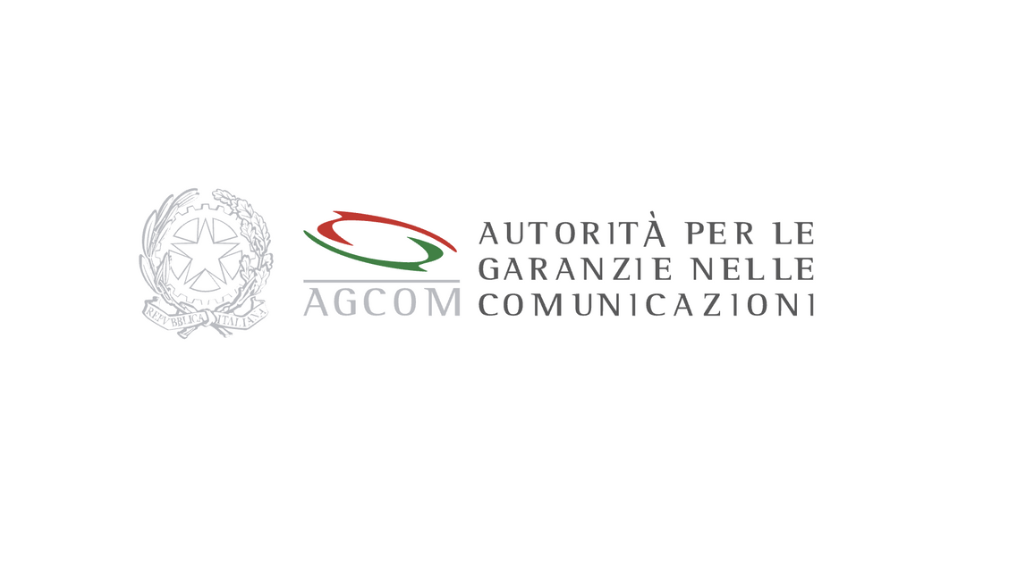
Meta, X, and LinkedIn Challenge Italy's €1 Billion Tax Bill on User Data
The Price of Free: Inside Italy's Billion-Dollar Tax Gambit Against Big Tech
MILAN — In the gleaming towers of Silicon Valley, "free" has long been the magic word that built empires. But in the marble-clad courtrooms of Milan, Italian tax authorities have placed a bold price tag on that business model: €1.04 billion.
Meta Platforms, X (formerly Twitter), and LinkedIn now find themselves entangled in what market observers describe as a watershed legal battle that threatens to fundamentally alter the economics of user data across Europe. The companies have filed formal legal challenges against Italy's unprecedented tax demands, setting the stage for a showdown that could redefine how digital platforms operate in the European Union.

The Billion-Euro Question: Is Your Data a Taxable Payment?
At the heart of the dispute lies a revolutionary legal interpretation: that when users register for "free" social platforms by providing personal data, they're engaging in a taxable barter transaction subject to value-added tax .
Italy's tax authority has issued demands of €887.6 million to Meta, €140 million to LinkedIn, and €12.5 million to X for activities between 2015 and 2022, with immediate claims focused on years approaching statutory limitations.
"This isn't simply about recovering tax revenue—it's about establishing a new paradigm for valuing the digital economy," notes a Milan-based tax policy researcher familiar with the proceedings. "What Italy is attempting would effectively monetize the personal information exchange that underpins virtually every major tech platform."
The three tech giants have uniformly rejected this interpretation, choosing litigation over settlement. Their legal filings argue that providing access to social media platforms without monetary compensation cannot reasonably constitute a taxable event under existing VAT frameworks.
Pioneering Move or Legal Overreach?
Industry experts characterize Italy's approach as unprecedented in its directness. While European countries have increasingly targeted tech giants through various digital services taxes, none have so explicitly classified user data as a form of payment subject to VAT.
"What makes this case particularly significant is that Italy has skipped the usual negotiation phase and gone straight to formal assessment," explains an international tax compliance specialist who requested anonymity due to professional relationships with the involved parties. "It suggests extraordinary confidence in their legal position, despite significant headwinds."
Those headwinds include a non-binding opinion from the EU VAT Committee in May that rejected Italy's central argument. Six member states supported this position, creating what some legal analysts describe as an "unfavorable regulatory climate" for Italy's case.
The Ripple Effect: Markets React to Regulatory Uncertainty
Financial markets have responded cautiously to the developing situation. Meta's shares currently trade at $711.77, suggesting the litigation risk might not be fully priced in, with a price-to-earnings ratio of 21.9x compared to its five-year median of 23.4x.
For Microsoft, parent company of LinkedIn, the exposure appears more limited. With LinkedIn representing approximately 4-5% of Microsoft's revenue, analysts characterize the company's €140 million assessment as "headline risk rather than valuation risk." Microsoft shares currently trade at $508.73.
Even if Italy's approach proves unsuccessful, market strategists warn that the mere existence of the case fundamentally shifts the risk calculation for platforms operating in Europe.
"This creates a new type of regulatory optionality that needs to be priced into business models," observes a senior technology sector analyst at a leading European investment bank. "Even with just a 25% probability of Italy prevailing, the potential for copycat actions across the EU creates a persistent overhang for ad-supported platforms with significant European exposure."
Beyond the Headlines: Strategic Shifts and Investment Implications
The ramifications extend far beyond the three companies directly targeted. The case has accelerated strategic planning around potential shifts to "pay-or-consent" models and ad-lite subscription tiers across the industry.
This evolution creates distinct winners and losers. Subscription infrastructure providers like Stripe Billing could benefit, along with privacy-first advertising networks focused on contextual targeting rather than personal data. Conversely, cookie-dependent ad exchanges and smaller European publishers lacking robust first-party data strategies face growing headwinds.
For investors, the developing situation creates several actionable theses. The regulatory uncertainty creates potential entry points in ad-supported platforms if, as many legal experts predict, Italy's novel theory ultimately fails to gain traction. More structurally, capital appears to be flowing toward technologies that enable effective targeting without reliance on personally identifiable information—what industry insiders call "zero-PII" solutions.
What Happens Next: A Timeline for Resolution
The litigation now enters a crucial phase. Italy is expected to seek a formal VAT Committee opinion in November 2025, creating what market analysts term a "catalyst window" extending from Q4 2025 through Q2 2026.
The Provincial Tax Court of Milan will likely render a first-instance decision in early 2026. Should either side escalate, the case could potentially reach the European Court of Justice in the latter half of 2026, setting binding precedent across the EU.
In the interim, the European Commission continues work on its "VAT in Digital Age" initiative, which could ultimately provide comprehensive legislative guidance that renders the litigation moot.
The Hidden Opportunity in Regulatory Turbulence
For sophisticated investors, the prevailing uncertainty creates potential asymmetric return profiles. If the EU VAT Committee formalizes its negative view of Italy's approach, Meta could release over-accrued legal provisions worth €100-150 million—a modest but sentiment-positive development in a buyback-intensive environment.
More strategically, market participants suggest a "long first-party data moats, short third-party data dependence" positioning until regulatory clarity emerges.
"What we're witnessing is the collision of 20th-century tax frameworks with 21st-century business models," reflects one veteran technology investor. "While the legal outcome remains uncertain, one thing is clear: the era of truly 'free' digital services in Europe is drawing to a close."
Investment Deep Dive
| Category | Key Details |
|---|---|
| Litigation Status | - Italy charged Meta (€887.6M), LinkedIn (€140M), and X (€12.5M) for "barter VAT" (2015-16). - Appeals filed; no settlements. - EU VAT Committee rejects Italy’s logic (non-binding but influential). - Next step: Formal EU VAT Committee opinion (Nov 2025). |
| Financial Impact | - Meta: Potential €3B VAT liability if EU-wide (NPV €1.4B). - Microsoft (LinkedIn): €460M VAT (NPV €215M). - X: Immaterial. - Worst case: <3% of Meta’s net cash. |
| Market Snapshot | - Meta (META): P/E 21.9x (below 5-yr median). - Microsoft (MSFT): Minimal LinkedIn exposure (~4-5% of revs). |
| Strategic Impacts | Winners: Subscription tech (Stripe, Apple Pay), privacy-first ad networks, tax advisory firms. Losers: Cookie-based ad exchanges, startups with costly VAT compliance. |
| Scenarios & Probabilities | - Italy backs down (45%, +3-4% META rally). - Case drags, no copycats (30%, flat). - Italy wins, domino effect (15%, -8-10% META). - EU-wide VAT directive (10%, -12-15% META). |
| Investor Positioning | - Upside: Meta may claw back €100-150M in provisions. - Relative trade: Long META / short EU ad-tech (Criteo, PubMatic). - VC bet: Zero-PII targeting tech. |
| Key Catalysts | - Nov 2025: EU VAT Committee opinion. - Q1 2026: Milan court ruling. - H2 2026: Potential ECJ referral. - Jan 2026: Italy’s broader IDST regime begins. |
| Bottom Line | 75% chance Italy’s case fails, but regulatory overhang persists. Investor playbook: Long first-party data moats, short third-party data dependence. |
Disclaimer: This analysis represents informed perspective based on current market data and historical patterns. Past performance does not guarantee future results. Readers should consult qualified financial advisors before making investment decisions.